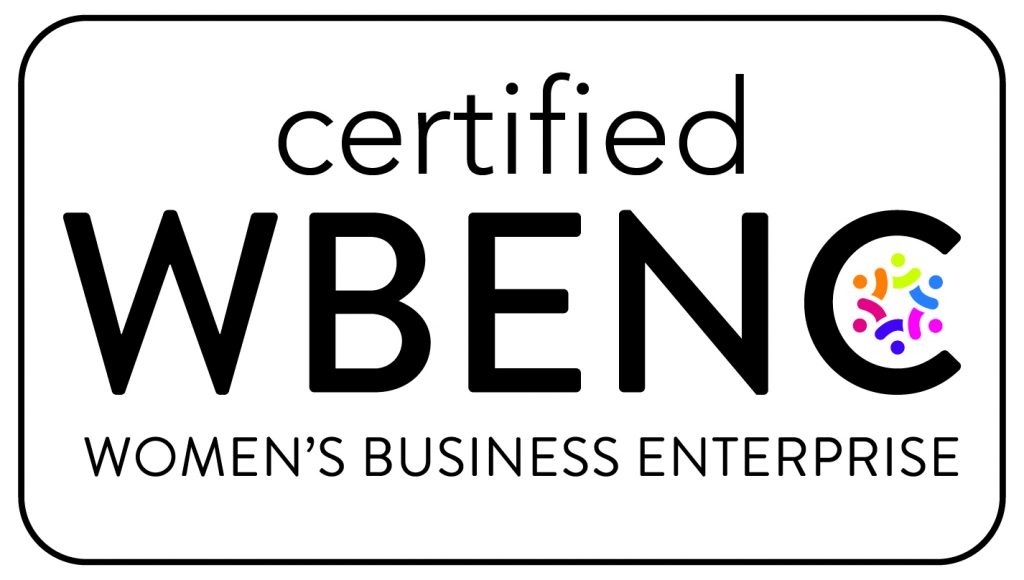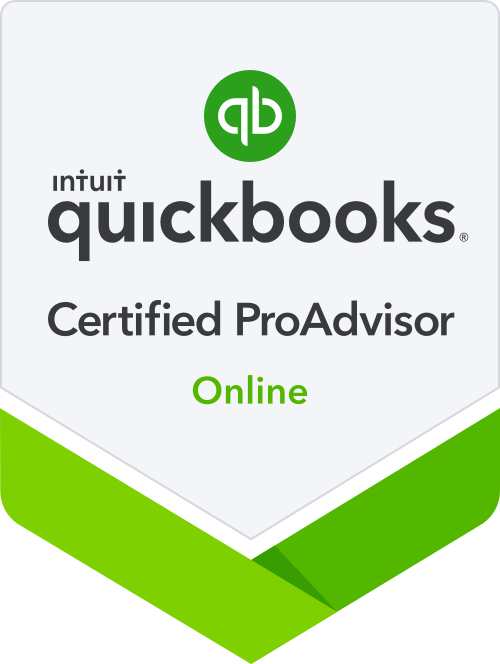
You put your heart and soul into the process, you’ve got an awesome product or service that you want to share with the world. Maybe you’ve never started a business before or you don’t even know anyone who has started a business before.
Most new entrepreneurs start by bootstrapping their startup. Take it from someone who started with $0 dollars in the bank! All I had was some knowledge, my education and a little experience when I started my business. Having a service-based business, bootstrapping it wasn’t bad in the early years. I was very conservative with my spending so I could build the business without harming my family financially.
You may have a different kind of business and bootstrapping it won’t work. If that is the case for you, you have to consider all business and personal matters now that you’ve launched. Let me ask this question: Are your personal finances in order? Are you running your personal finances like a business? If you managed your money like you would a business, what would your finances look like? So how do you get your personal finances in order?
Let’s take a look at how to manage your money like a business.
- How much income do you have right now?
- What are your living expenses? Get detailed and really look at everything. For example
- Rent/Mortgage Utilities
- Property Taxes Car Loans
- Car Insurance Life Insurance
- Student Loans Credit Cards
- Gas/Oil Car Maintenance
- Telephone/Cell Internet / Cable
- Savings/emergency fund Retirement
- Groceries Child care
- Vacations Clothing
- Entertainment Out of pocket medical
Now determine how much debt outside of your mortgage. If you are in debt, you need to eliminate it as soon as possible. Do you have an emergency fund? If not, determine how much you need and how you will start funding it.
Another way to manage your money like a business is with streamlined systems. Profitable businesses optimize their systems regularly. For your personal finances, this could mean automating your savings or investments, staying on top of your budget with apps and notifications, staying focused on income generating activities in your business.
We can help! Sometimes having an outside view can help you get clarity, focus on what’s needed, and give you the direction and motivation you need to make your goals a reality. And we’d love to be your cheerleader on this journey!







